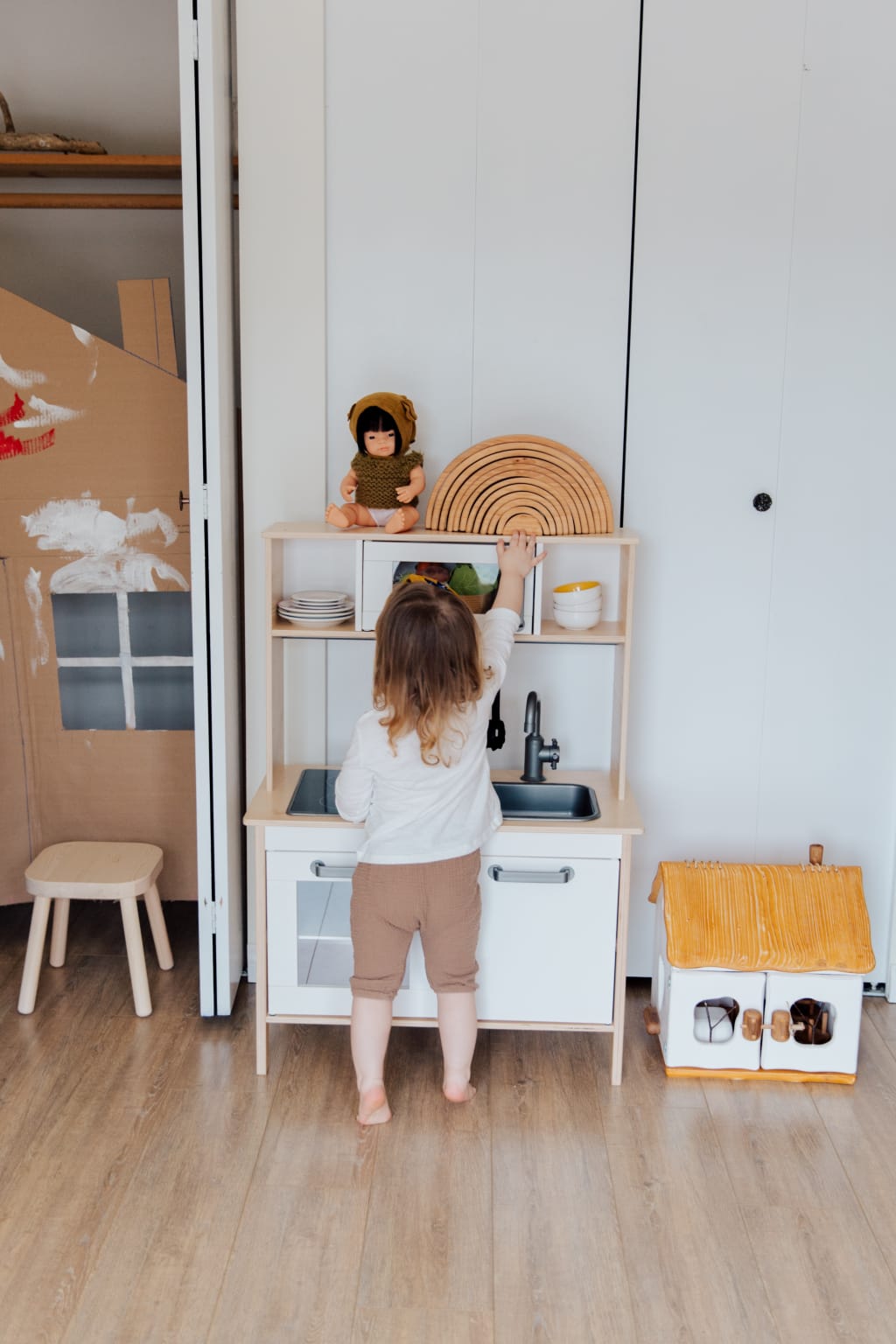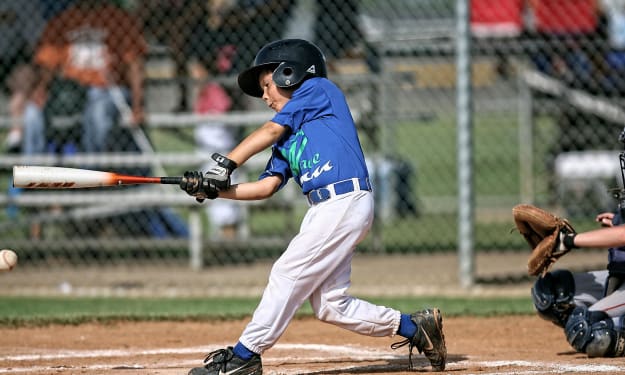4 Types Of Educational Games For Kids
Kids enjoy themselves when they are playing games. In fact, they're more likely to engage and retain what they've learned after the fun is over.

Many parents and teachers underestimate the power of games in education. Learning and playing are often seen as two conflicting activities that each have their place but cannot be combined. However, there are many games that can teach kids valuable skills. Not only that, but because kids enjoy themselves when they are playing games, they are more likely to engage and retain what they've learned after the fun is over. Educational games also give kids the opportunity to practice the skills they are learning in a low-stakes environment.
1. Number Games
Number games involve individual challenges like sudoku and multiplayer games such as Yahtzee and card games. Activities such as these help children to put numbers in the correct order, identify which are larger or smaller, and perform simple calculations, such as adding and subtracting with small numbers. Learning basic number skills such as these help lay the foundation that children will build on later on when they start to learn more advanced math.
2. Word Games
The ability to communicate effectively with others is a skill that will serve your child well not only in school but throughout his or her entire life. People who have a rich vocabulary are better able to understand others and expressly their own thoughts and feelings clearly and concisely. A limited vocabulary does not necessarily mean that a person is not smart, but a broad vocabulary helps to assure others that a person is.
Word games help to improve a child's vocabulary and language skills. A game of Mad Libs is a great way of teaching children about parts of speech, and the results are unfailingly hilarious. Apples to Apples, which is available in a version geared specifically towards kids, also helps them to learn about parts of speech, specifically adjectives and nouns, but also helps them to think critically about what the words really mean. Apples to Apples can also help to introduce the abstract concept of perception and how it can vary from person to person.
3. Cooperative Games
The ability to work well with others is a major predictor of success, not only in school but in later life. Cooperative games help to teach this vital skill and also make family games more pleasant if children are intensely competitive and have not yet learned how to lose gracefully. Instead of pitting players against one another, cooperative games have all players work together to try to achieve a preset objective or goal.
Mad Libs is an example of a cooperative game because the players all work together to create a hilarious nonsensical story. Other cooperative games have an imaginary antagonist against which the players must all work together to gain victory. An example of this type of game is Bandido, a puzzle game in which the players try to block the path of an escaped prisoner.
4. Strategy Games
Strategy games help kids to think critically about the consequences of their actions and try to anticipate contingencies. They build logical thinking skills that help kids to solve problems. Clue (also called Cluedo outside the United States) is a classic board game, but some parents may be uncomfortable with the premise of solving a murder mystery, and some young kids may be disturbed by it. There are versions of Clue that are formulated specifically for younger players that involve lower-stakes infractions.
Some parents may believe that chess is too advanced for their children. However, it is possible to teach chess skills in stages, starting out with teaching kids the names of the pieces and how each moves across the board. You can gradually build upon these skills until children learn the entire game. Playing chess has been shown to not only improve kids' logical thinking but math and language skills as well.
Conclusion
Inevitably, there are times when children have to put games away and settle down to work. However, parents and teachers can leverage the power of games to teach kids valuable skills while engaging their natural instincts for play.






Comments
There are no comments for this story
Be the first to respond and start the conversation.